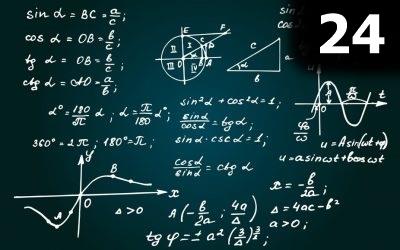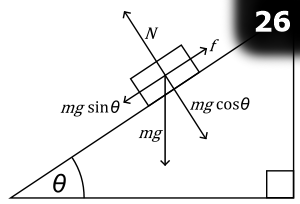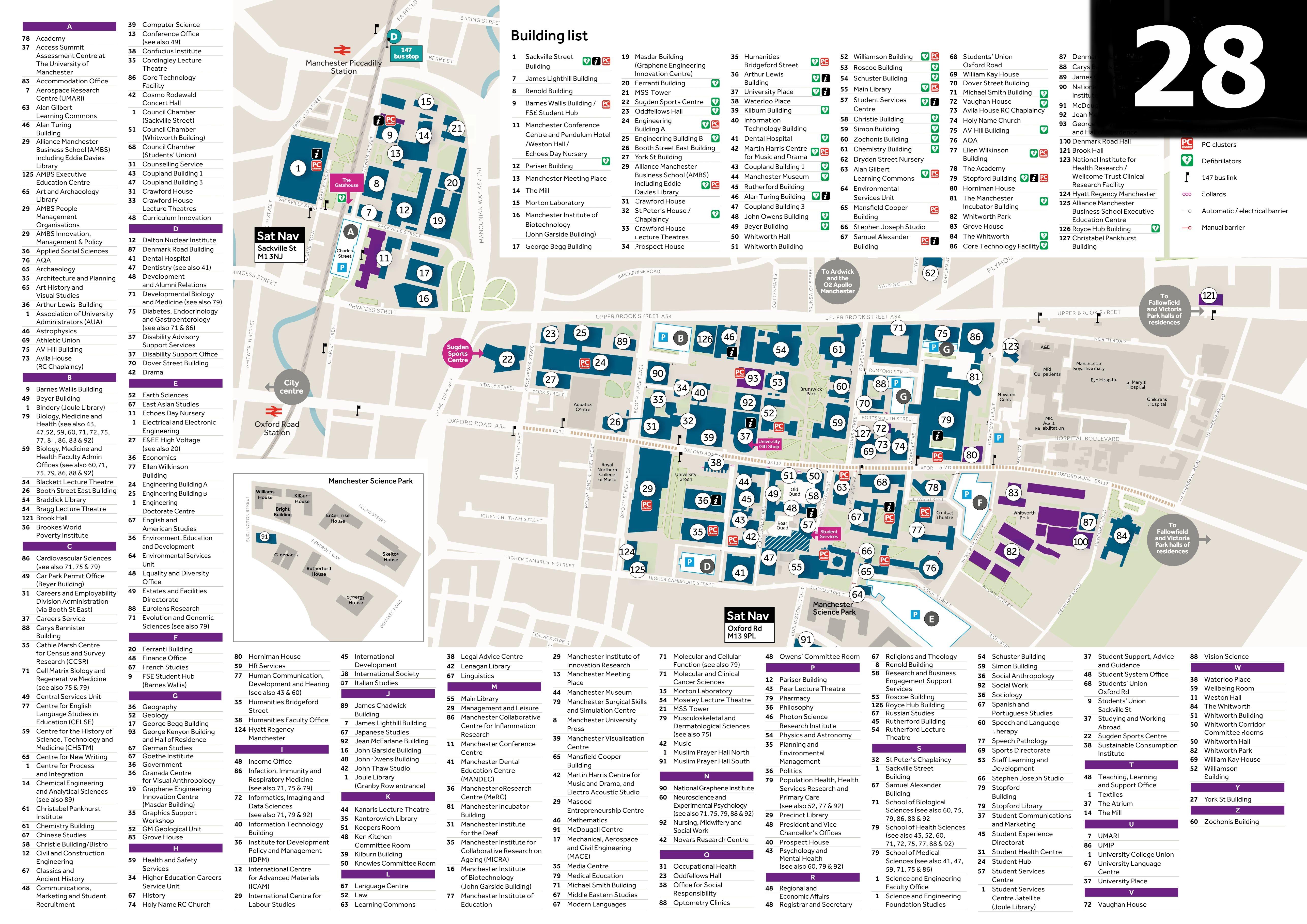What we have learnt
This foundation year has taught us many key mathematical and computational skills in preperation for the full course. We have developed the ability to quickly pick up a new concept and apply it to various exam-style questions.
Super Unit 1
OB1
This unit focuses on basic higher- level mathematics such as geometry, trigonometry, calculus and series
OB2
This unit expands on 0B1 and delves deeper into high level mathematics. Complex numbers, matrices and advanced calculus are found here.
OF2
This unit focuses on vectors and probability. You can expect to find methods on how to find intersections between planes and lines and how to calculate various distribution of random variables
2 Alternate Units
These replace 0B1 and 0B2, called 0C1 and 0C2 respectively. These units are easier and less intense than the B counterparts and are intended to be used by students who might not have had a mathematical background.
Super Unit 2
There are 3 options to choose from for 2 of the 3 units
Optional units
Physics 1
This unit covers topics such as pressure in fluids, thermodynamics, kinetic theory and deformation in matter.
Physics 2
This unit covers topics such as magnetic fields, DC circuits and electromagnetic induction
Chemistry 1
This unit covers topics such as Gas laws, isotopes, equilibrium and phase diagrams.
Mandatory unit
Computational Thinking
This unit is designed to develop a student’s analytical abilities and to teach them the basics of interpreting a program written in pseudocode
Super Unit 3
ON1
This unit overviews how to use and interpret sets, subsets and set notation. This unit also covers proof of inequalities, linear and quadratic inequalities
OJ2
This unit covers mechanics in 1D, 2D and 3D. You can expect to see Newtons laws, the use of SUVAT equations, projectiles, moments, laws of friction and centre of mass.
OD2
This unit covers numerical interpolation and calculus. It also covers polar coordinates, areas, lengths and volumes inside polar curves. This unit also teaches the student how to use a program called Mathematica which is operated much like how one would program code.
Super Unit 4
ICT
This unit was deigned to teach students how to make use of Blackboard, how to use excel for graph plotting and making spreadsheets and how to use tools to aid in referencing academic papers correctly
Academic Skills
This unit aims to teach students how to produce an academic piece of writing, how to present ideas logically and how to deliver academic oral presentations.
Foundation Year Project
This unit combines the knowledge gained in the first two units. You must work in groups to produce an academic report and present your work after you’ve completed the project.
Click For Full Course Details



Studying
There are a variety of study locations placed around the UoM campus, some of the ones most used by students doing Foundation Year Computer Science include Kilburn, the newly built Engineering Building (MEDC), and the Barnes Wallis building which is found in the northern part of the campus near where most of the maths modules are taught.

Progression
The foundation year is very intense and content heavy, more so than the first year of the actual course! For students following computer science progression pathway you can expect needing these percentages for each super unit (on average between the 3 units in each):
SU1-75% SU2-60% SU3-70% SU4-65%
Although these may seem very high, there are lots of ways the university makes things easier for students. One of these things are - mitigating circumstances - which aim to compensate for missed exams when the reason is valid. One other thing they’ve done is allowing students who get between 40% and 50% on a given unit to be compensated if the percentages on the other units within that unit are high enough to exceed the average required for that super unit. This gives the students some breathing room if they struggle with a particular unit more so than the other units for a given super unit. There is also easy access to professors and lecturers on campus who are always available to help if students are struggling.
